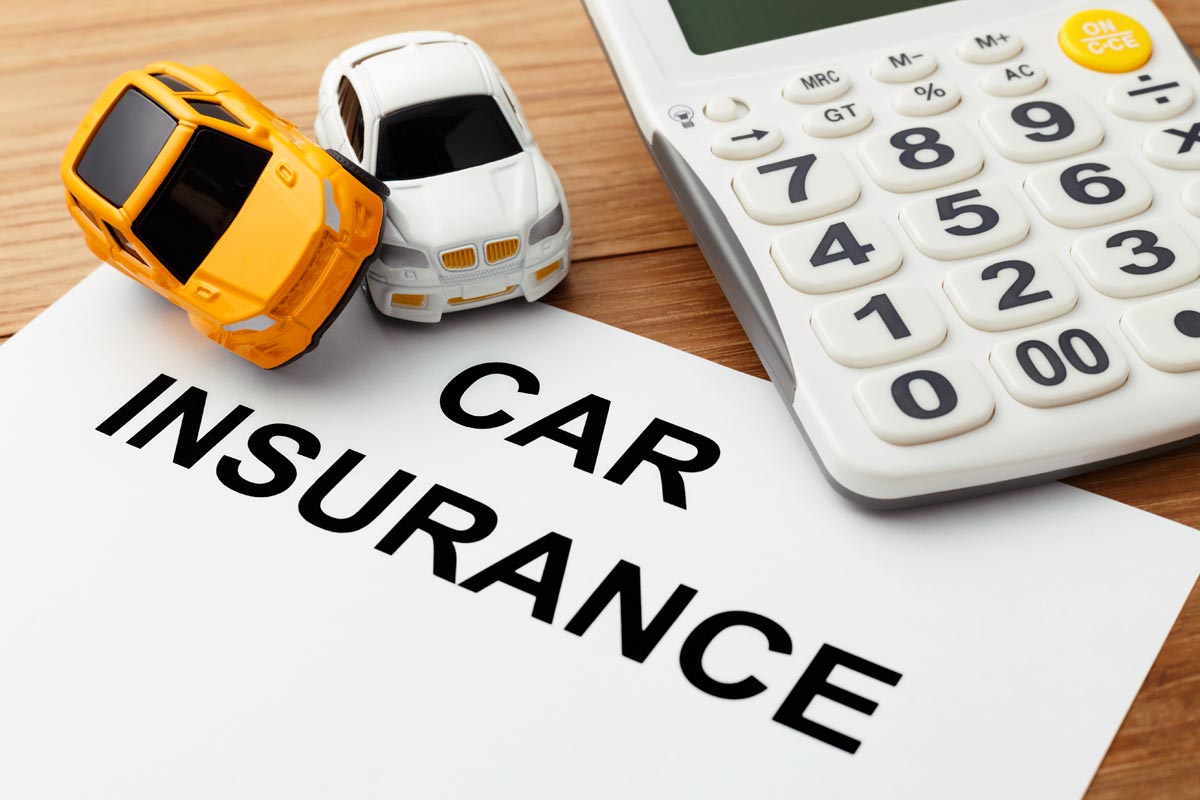Blitz News Digest
Stay updated with the latest trends and insights.
Car Insurance: The Real Reason Your Wallet Cries
Discover the shocking truth behind skyrocketing car insurance costs and learn how to save money while protecting your wallet!
What Factors Drive Up Your Car Insurance Costs?
Understanding the factors that drive up your car insurance costs is crucial for every vehicle owner. Several elements can significantly impact your premiums. Driving history plays a major role; if you have had past accidents or traffic violations, insurers may view you as a higher risk, thereby increasing your rates. Additionally, your credit score can also affect your insurance costs, as providers often evaluate the likelihood of timely payments based on this score.
Other significant factors include the type of vehicle you drive and your location. High-end vehicles are generally more expensive to insure due to their cost and repair costs, while vehicles with a strong safety rating may lower your premiums. Similarly, where you live can influence your rates; areas with high crime rates or traffic congestion often result in higher insurance costs. By understanding these factors, you can take proactive steps to potentially lower your car insurance expenses.

Car Insurance Myths: What You Really Need to Know
When it comes to car insurance, there are numerous myths that can mislead consumers. One of the most common misconceptions is that your credit score doesn't affect your insurance rates. In reality, many insurance companies use credit scores as part of their risk assessment process. A better credit score can often mean lower premiums, while a poor score might result in higher rates. Understanding how your financial habits impact your car insurance can help you make informed decisions to save money.
Another prevalent myth is that you only need car insurance if you're legally required to have it. However, even if your state has minimum coverage requirements, this does not account for potential significant damages in an accident. Opting for only the minimum coverage can leave you vulnerable to high costs if you're involved in a collision. It's essential to evaluate your car insurance needs based on your personal situation, including the value of your vehicle and your financial capacity to cover any potential out-of-pocket expenses.
How to Save Money on Car Insurance: Tips and Tricks
Saving money on car insurance can be easier than you think! One of the first steps you can take is to compare quotes from different insurance providers. Many companies offer online tools that allow you to input your information and receive multiple quotes at once. This way, you can quickly identify which insurer offers the best rate for the coverage you need. Additionally, consider adjusting your deductibles; opting for a higher deductible can significantly lower your premium, but ensure that you can comfortably cover that amount in case of an accident.
Another effective way to save on car insurance is to take advantage of discounts. Many insurers offer discounts for various reasons such as safe driving records, bundling policies (like home and auto), or even being a good student. Don't hesitate to ask your insurance agent about any available discounts that you might qualify for. Finally, regularly reviewing your policy and shopping around at least once a year can help you ensure you're still getting the best possible rate, as your needs and circumstances may change.